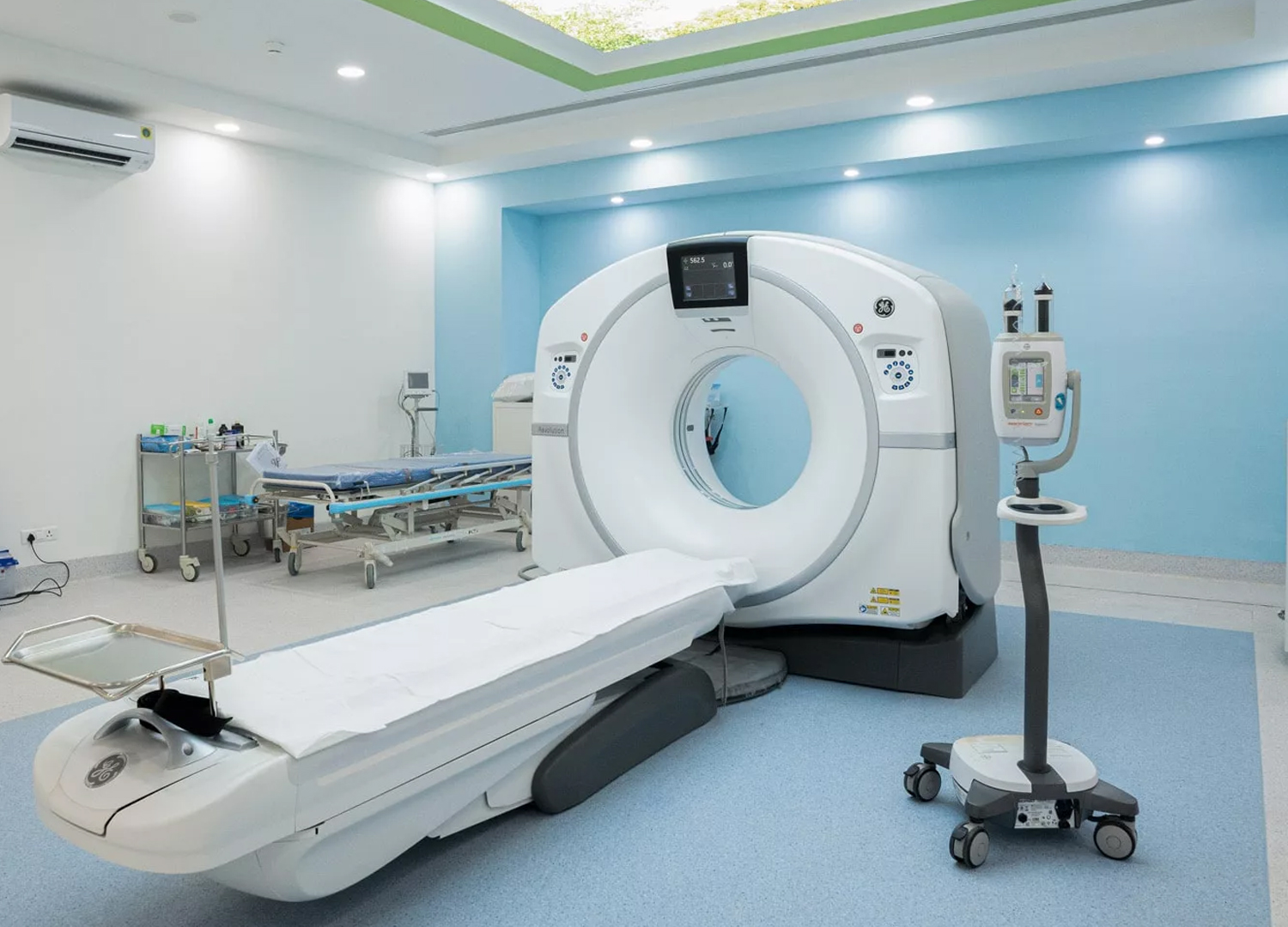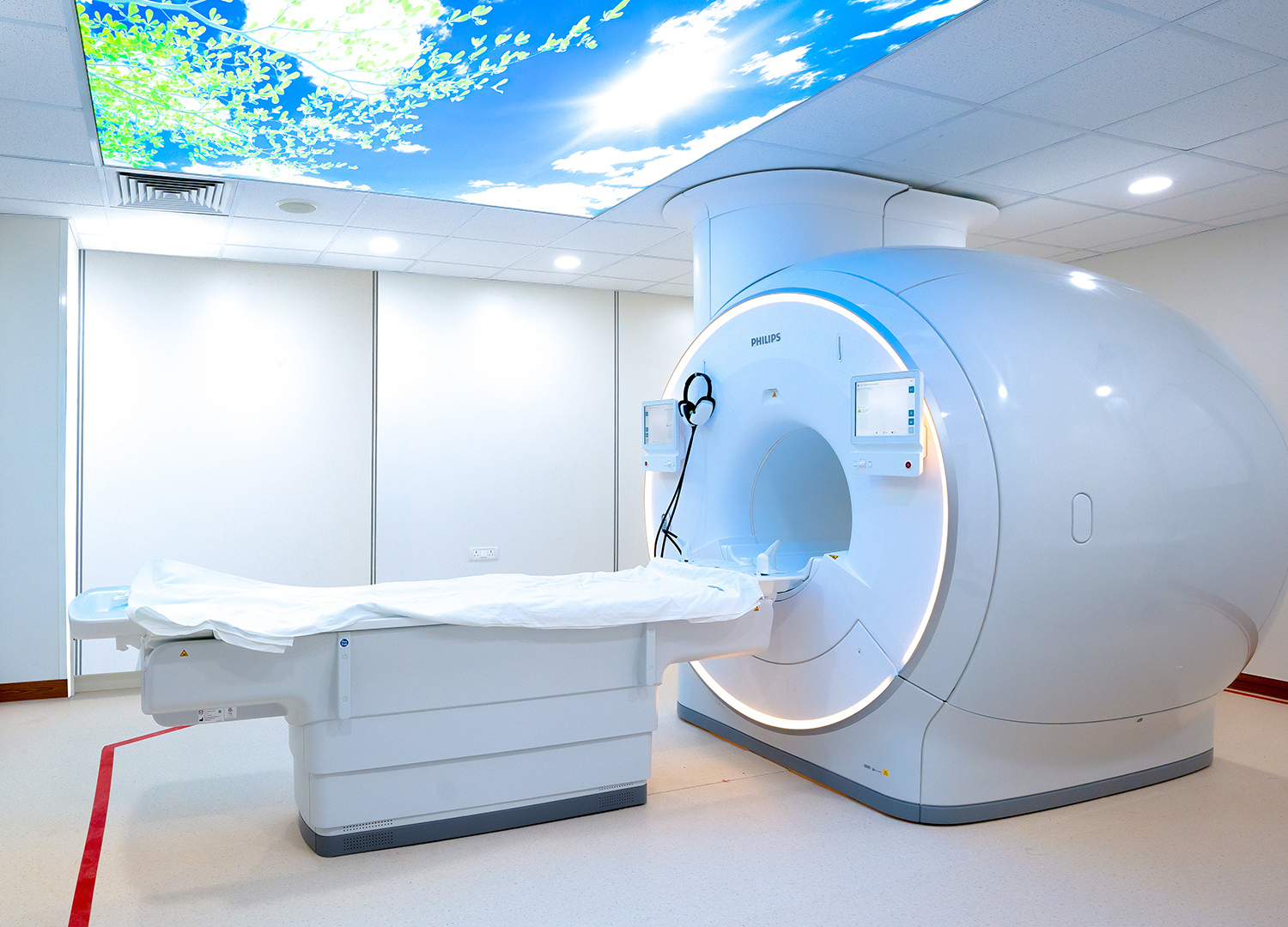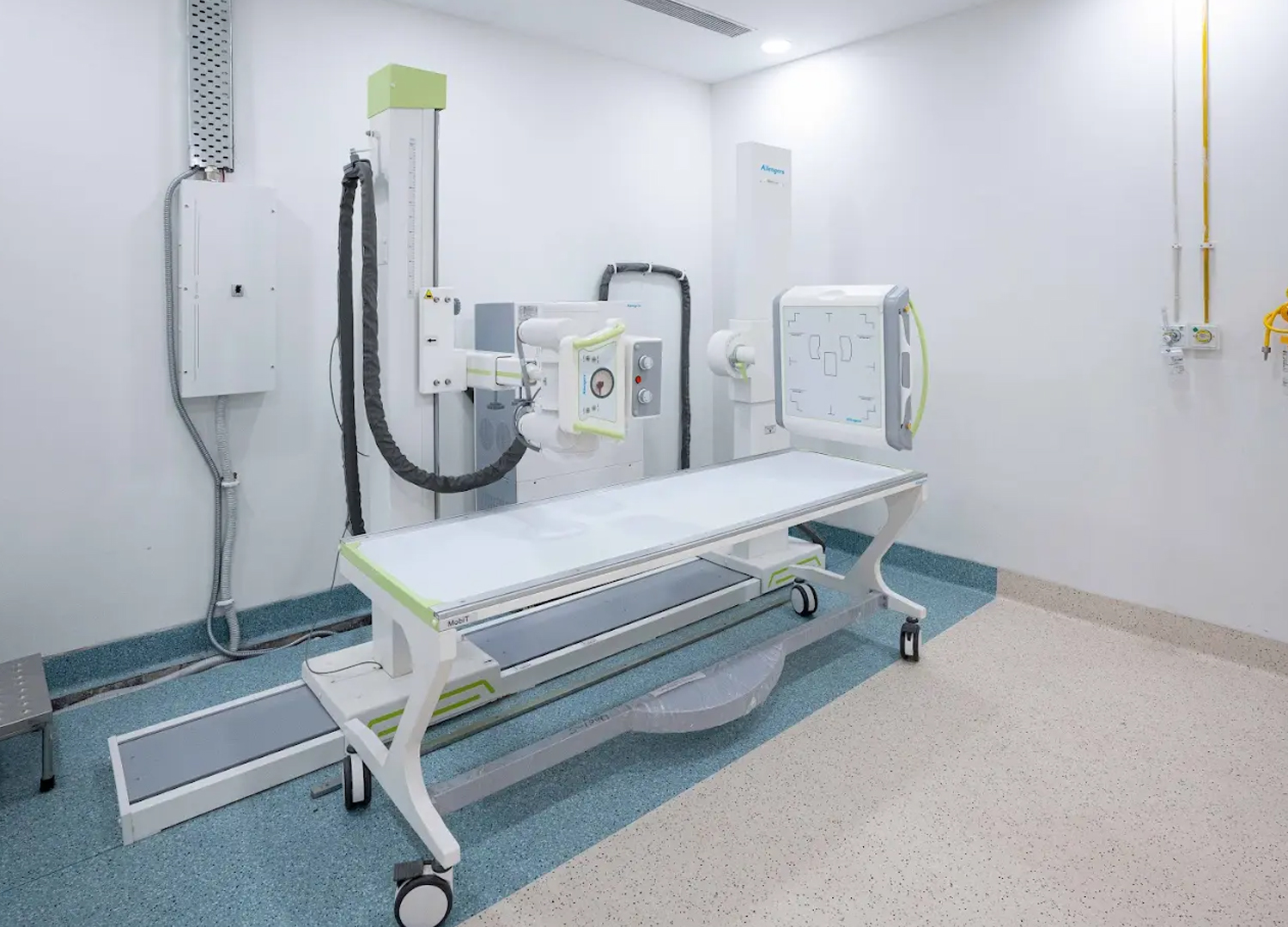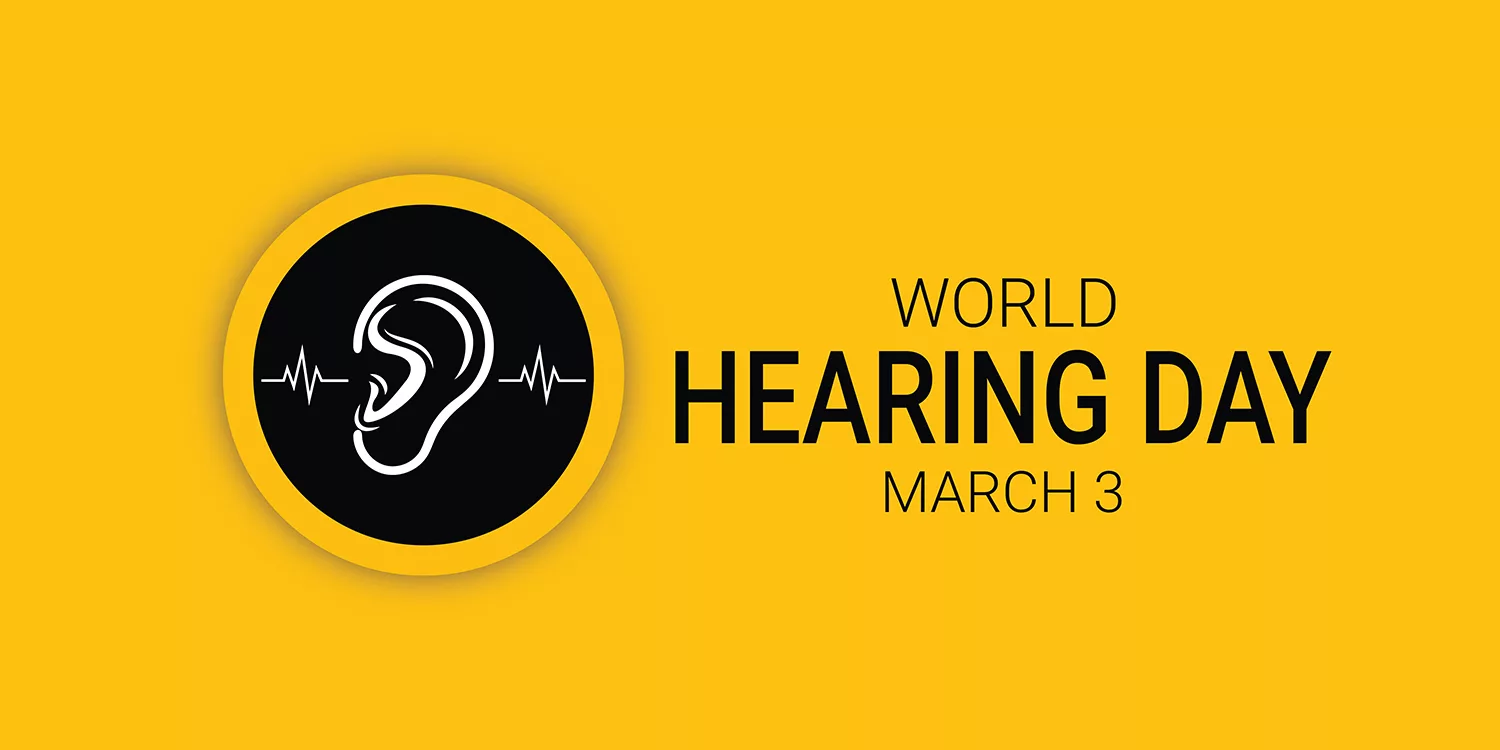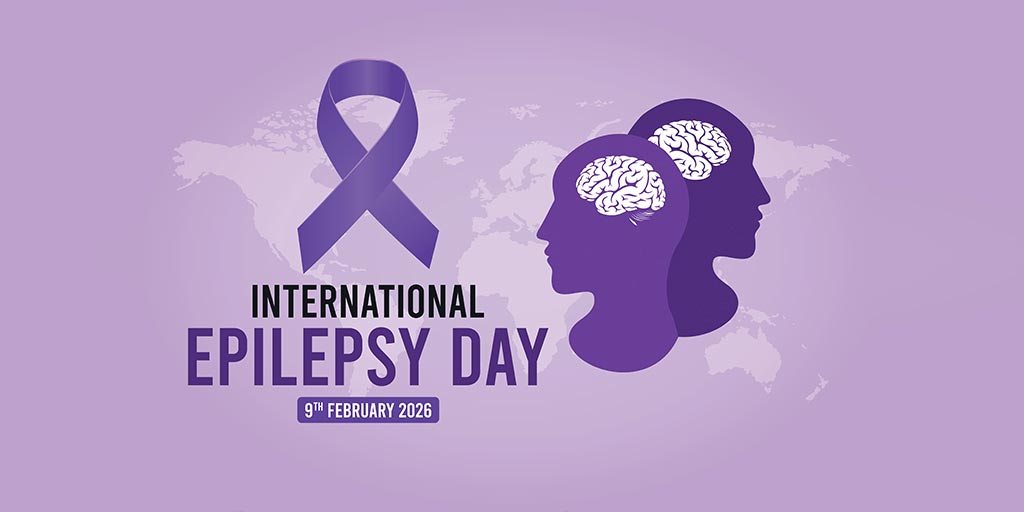Graphic Era Hospital’s advanced imaging capabilities ensure clarity, accuracy, and confidence in every diagnosis. We integrate real-time imaging and minimally invasive techniques, ensuring faster, safer, and more precise diagnoses for our patients. Behind every service we offer is a team of highly skilled radiologists and technicians dedicated to excellence in diagnostic interpretation. Our specialists bring years of expertise in radiodiagnosis, ensuring that each scan is analysed with precision and clinical insight.
Radiology Services Offered at Graphic Era Hospital
The Department of Radiodiagnosis and Imaging Services at Graphic Era Hospital is committed to delivering state-of-the-art diagnostic and interventional imaging solutions. Our comprehensive range of imaging services are aimed towards achieving accurate assessments, early disease detection, and enhancing patient outcomes.
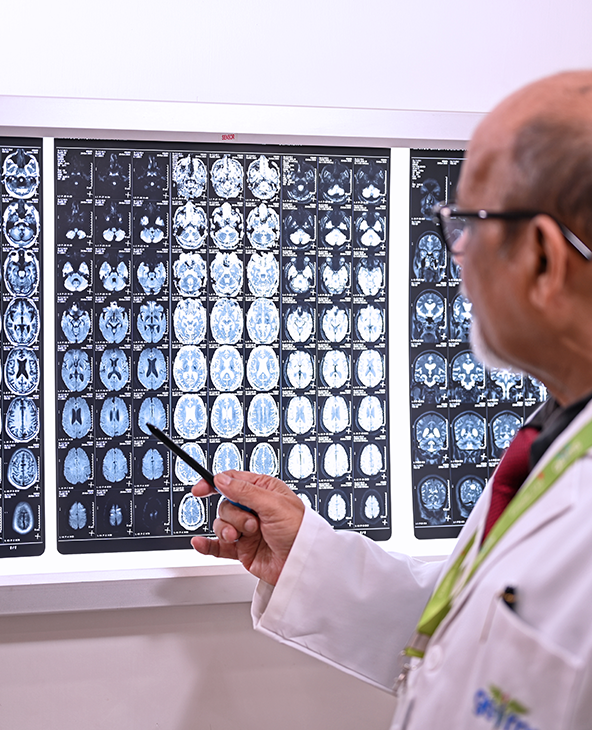
3T MRI: Philips Ingenia Edition
Our cutting-edge 3T MRI system ensures exceptional imaging quality for both contrast and non-contrast studies, enabling precise diagnosis and treatment planning. Services offered include:
- Neurological Imaging: Detailed brain and spinal cord evaluations for conditions like stroke, tumors, and multiple sclerosis. Perfusion imaging for stroke and tumors, cardiac MRI, CSF flow studies, MR spectroscopy, and tractography for surgical and neurological evaluations.
- Musculoskeletal Imaging: High-resolution scans for assessing joint injuries, ligament tears, and soft tissue abnormalities.
- Cardiac Imaging: Comprehensive visualization of heart, cardiac perfusion, cardiac parametric imaging, LGE, valvular heart diseases, congenital heart diseases and Q flow
- Abdominal Imaging: MRCP, Pelvic and abdominal organs for early disease detection.
128-Slice CT Scanner: GE Revolution
Our 128-slice CT scanner delivers high-speed, precise imaging with minimal radiation exposure, making it a critical tool for emergency and routine diagnostics. Services offered include:
- Coronary Angiography & Vascular Imaging: Coronary CT angiography, congenital heart imaging, preoperative evaluations, CT perfusion studies, and transplant imaging. Pre- and post-operative evaluation for TAVI using CT scans.
- Trauma & Emergency Scans: Swift imaging to detect fractures, internal injuries, and bleeding.
- Routine Scans: Head, chest, abdomen, pelvis, and extremities.
- Oncology Imaging: High-precision tumor detection and treatment monitoring.
- Virtual Colonoscopy & Lung Cancer Screening: Non-invasive early detection methods for gastrointestinal and respiratory health.
- CT-Guided Interventions: Biopsies, drainages, and tumor ablations.
Fluoroscopy
The Fluoroscopy unit enables real-time imaging for diagnostic and interventional procedures.
- Gastrointestinal Studies – Barium swallow and enema tests for digestive system evaluation.
- Interventional Procedures – Guided biopsies and catheter insertions with real-time imaging.
- Musculoskeletal Movement Analysis – Assessment of joint mobility and function.
Ultrasound
With Voluson E8, S8, and Logic Fortis machines, our ultrasound services ensure high-quality imaging for various diagnostic needs. Services include:
- Routine Imaging: Abdomen, pelvis, chest, neck, and musculoskeletal studies.
- Obstetrics Ultrasound: 2D, 3D, and 4D fetal imaging, neurosonograms, growth monitoring, and Doppler studies.
- Abdominal & Pelvic Organ Assessment – Imaging for liver, kidneys, gallbladder, and urinary tract.
- Doppler Studies – Evaluation of blood flow and vascular health.
- Point-of-Care Ultrasound (POCUS) – Rapid bedside diagnostics for emergency and critical care.
- Advanced Applications: Liver elastography and fibroscan for liver health assessments.
Bone Mineral Density (BMD)
Our BMD (Hologic) testing helps diagnose and monitor osteoporosis and bone density loss.
- DEXA Scan (Dual-Energy X-ray Absorptiometry) – Gold-standard imaging for bone density measurement.
- Fracture Risk Assessment – Identifying patients at risk for osteoporosis-related fractures.
Mammography
Our digital mammography technology offers early detection of breast abnormalities with enhanced accuracy.
- Screening & Diagnostic Mammograms – Detecting early signs of breast cancer.
- Breast Biopsy Support – Imaging guidance for accurate tumor sampling.
Digital X-Ray
Our digital X-ray services provide quick and efficient imaging for a range of medical conditions.
- Low-Dose X-Ray Technology – Ensuring safe and precise breast imaging.
- Routine Imaging – Chest, bones, and soft tissue assessments for common medical conditions.
- Specialised Views – Dental, orthopedic, and spinal imaging.
- Emergency Imaging – Fast and effective assessments in critical care situations.
Interventional Radiology
Our Interventional Radiology Unit combines imaging expertise with minimally invasive therapeutic procedures. Services offered include:
USG and CT-Guided Procedures
- FNAC, Biopsies, abscess drainages, and tumor ablations (RFA).
- Lung, prostate, and breast biopsies.
- Endovenous Laser Ablation (EVLA) – Minimally invasive treatment for varicose veins.
- Fluoroscopy-Guided Procedures such as Joint Injections, Biliary Interventions, Percutaneous Nephrostomy, Permacath/HD catheter insertion, and PICC line insertion.
DSA-Guided Procedures
- Embolization Procedures
- Uterine Artery Embolization, Tumor, and vascular malformation embolization
- Preoperative tumor embolization
- Visceral and peripheral aneurysm embolization, stenting, coiling
- DVT thrombolysis/thrombectomy/IVC filter
- Dialysis fistulogram and fistuloplasty
- Central venoplasty/stenting
- Peripheral angioplasty/stenting
- TACE (Transarterial Chemoembolization)
Doctors Available
Why Choose Graphic Era Hospital for Radiology?
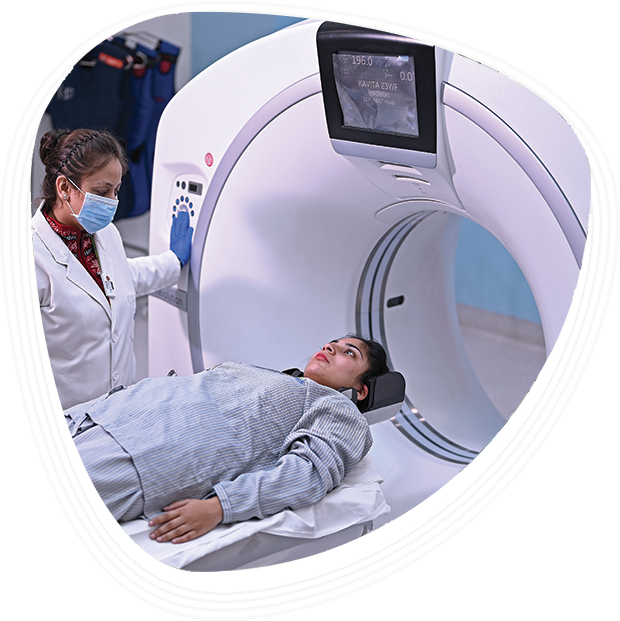
Applications of Radiology Services
Radiology plays a crucial role in diagnosing and monitoring a wide range of medical conditions. Whether for routine check-ups, emergency assessments, or long-term disease management, timely imaging can provide critical insights into your health. Here are key situations where radiology services are essential:
- Persistent Pain or Discomfort – Unexplained symptoms that require imaging to identify underlying medical conditions.
- Injury or Trauma – Quick assessment of fractures, internal bleeding, or soft tissue damage for immediate treatment.
- Chronic Medical Conditions – Regular monitoring of conditions like arthritis, tumors, and cardiovascular diseases to track progression and adjust treatment plans.
- Cancer Screening & Follow-Up – Early detection of malignancies and continuous monitoring of treatment effectiveness.
- Pregnancy Monitoring – Safe and effective prenatal ultrasound scans to assess fetal growth and development.
- Unexplained Weight Loss or Fatigue – Imaging helps detect underlying conditions such as metabolic disorders, infections, or malignancies.
- Neurological Symptoms – MRI and CT scans are crucial for diagnosing conditions like stroke, brain tumors, multiple sclerosis, or chronic migraines.
- Respiratory Issues – Chest X-rays and CT scans help diagnose pneumonia, tuberculosis, lung cancer, and other pulmonary diseases.
- Heart & Vascular Health – Cardiac imaging, including echocardiography and CT angiography, helps detect heart disease, blockages, and structural abnormalities.
- Digestive Disorders – Fluoroscopy and ultrasound aid in diagnosing conditions like gallstones, ulcers, inflammatory bowel disease (IBD), and gastrointestinal obstructions.
- Osteoporosis & Bone Health – Bone mineral density (DEXA) scans assess the risk of fractures and evaluate bone strength.
- Post-Surgical or Treatment Follow-Up – Imaging helps monitor recovery, detect complications, and guide further medical decisions.
Top Procedures
- X-ray
- CT Scan (Computed Tomography)
- MRI (Magnetic Resonance Imaging)
- Ultrasound
- Mammography
- Fluoroscopy
- Positron Emission Tomography (PET)
- Bone Density Scan (DEXA)
- Angiography
- Endoscopic Ultrasound (EUS)
- CT Angiography
Radiology Conditions Treated at Graphic Era Hospital
Advanced Diagnostics & Technology
- Offers high-resolution imaging for detailed blood vessel analysis, aiding in accurate diagnosis and treatment planning.
- Delivers advanced imaging with high resolution for clear, detailed views of soft tissues, ensuring precise diagnostics.
- Provides high-quality, detailed radiographic images for accurate diagnosis with minimal exposure to radiation.
Other Specialities
Patient Stories
Blog
Frequently Asked Questions (FAQs)
What preparations are required before undergoing imaging tests?
Preparation instructions may vary depending on the specific imaging test. In general, patients may be asked to fast for a certain period before certain tests, avoid wearing metal objects, inform the technologist of any medications or allergies, and follow any additional instructions provided by their healthcare provider.
How long does it take to receive the results of imaging tests?
The turnaround time for receiving imaging test results depends on the type of test performed and the complexity of the study. In many cases, results are available within a few hours to a day after the test is completed. Urgent or critical findings may be communicated to the referring physician immediately.
Are imaging tests safe, especially in terms of radiation exposure?
Our imaging equipment is designed to minimize radiation exposure while maximizing image quality. For tests such as X-rays and CT scans, our protocols adhere to strict safety guidelines to ensure the lowest possible radiation dose without compromising diagnostic accuracy. Pregnant women and individuals with concerns about radiation exposure should discuss their options with their healthcare provider.
Can I request a specific imaging test, or will my healthcare provider determine which test is necessary?
The type of imaging test recommended will depend on your specific medical condition, symptoms, and diagnostic needs. Your healthcare provider will determine the most appropriate imaging modality based on clinical indications, and our radiologists will work closely with your provider to ensure that the chosen test provides the necessary diagnostic information.
Can I bring a companion with me during imaging tests?
In most cases, patients are allowed to have a companion accompany them during imaging tests for emotional support. However, for certain tests such as CT scans or MRIs, companions may be asked to wait in a designated waiting area to minimize interference with the imaging process. Please inquire about companion policies when scheduling your appointment.
Are imaging tests covered by insurance, and how can I verify coverage?
Many imaging tests are covered by health insurance plans, but coverage may vary depending on your insurance provider and specific policy. It’s recommended to contact your insurance company prior to scheduling an imaging test to verify coverage, obtain pre-authorization if necessary, and clarify any out-of-pocket costs or deductible requirements. Our billing department can also assist you with insurance-related inquiries.
What types of radiology services are available at Graphic Era Hospital?
We offer a comprehensive range of diagnostic and interventional imaging services, including MRI, CT scans, ultrasound, digital X-rays, fluoroscopy, mammography, bone densitometry (DEXA), and interventional radiology procedures.
How should I prepare for my radiology test?
Preparation depends on the type of imaging. For example, fasting may be required for abdominal ultrasounds or CT scans, while MRI exams may need metal-free clothing. Our team will provide specific pre-test instructions to ensure optimal imaging results.





